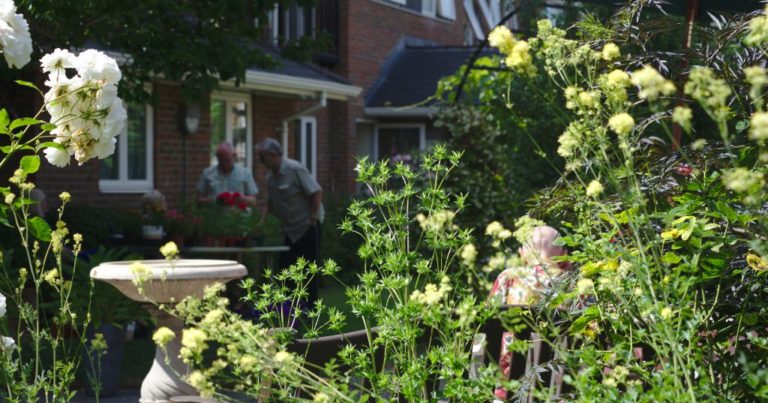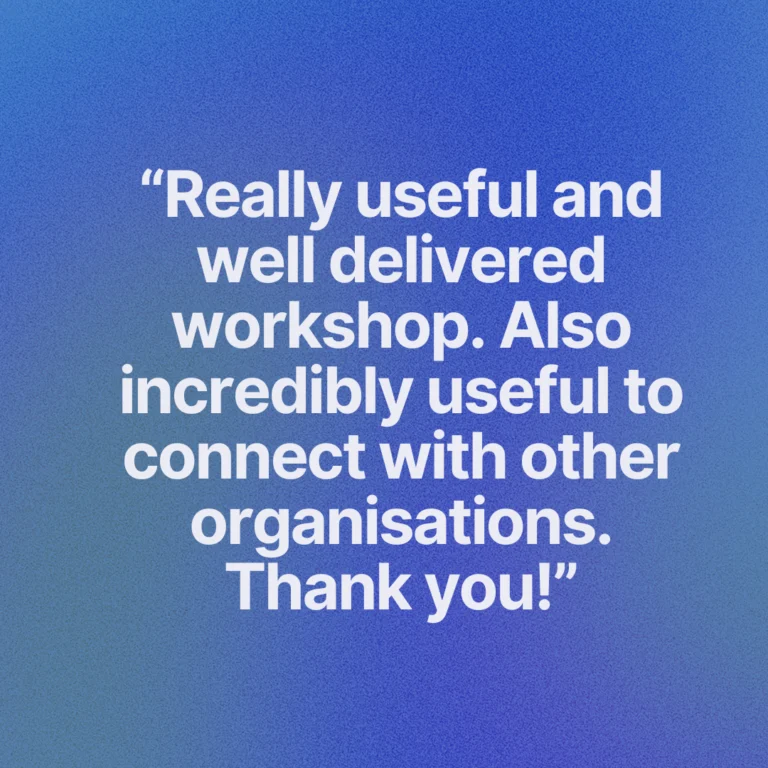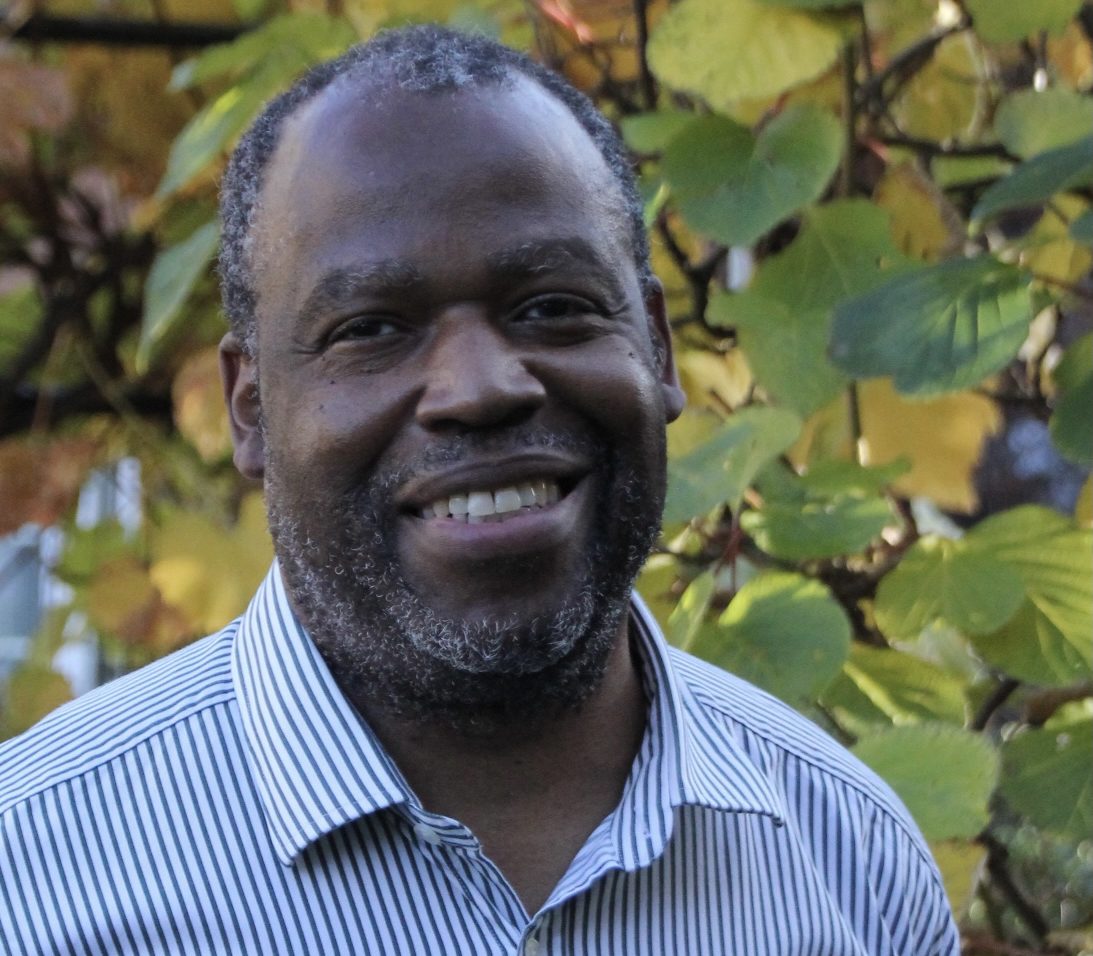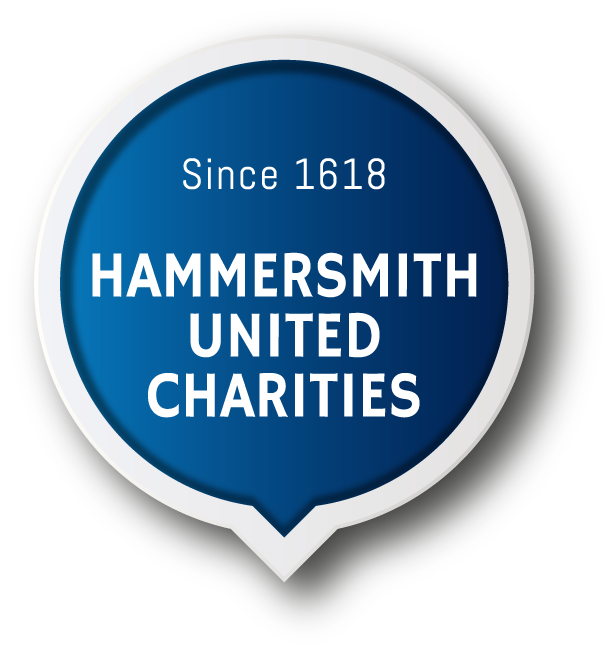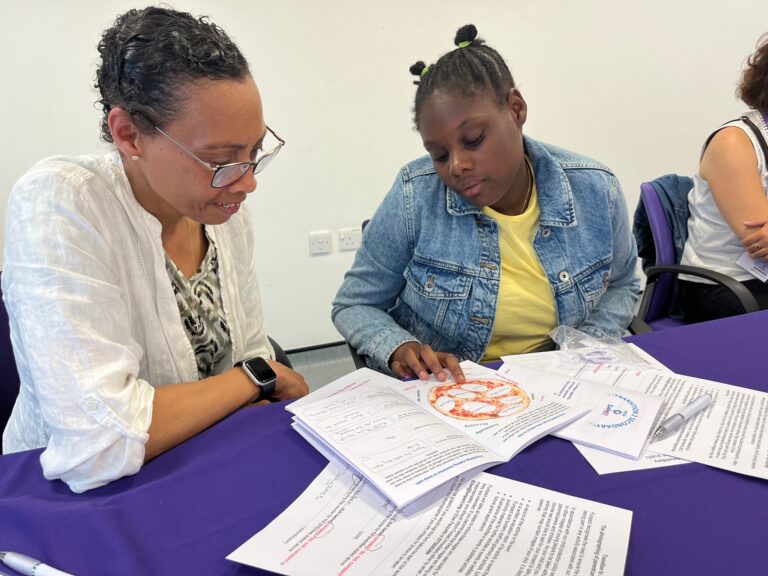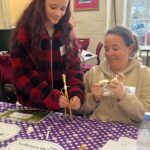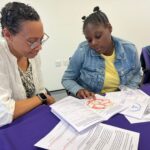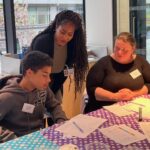The almshouse movement: As vital as it’s ever been
With the average house price in Hammersmith at more than 25 times a nurse's salary, almshouses like ours are as vital now as when the movement began hundreds of years ago.
With the average house price in Hammersmith at more than 25 times the salary of a nurse, it is no surprise that many workers are reaching retirement without the safety net of their own property. That’s why almshouses like ours, providing older people an affordable home in the community where they belong, are as vital now as when the movement began hundreds of years ago.
By Victoria Hill, Chief Executive – Hammersmith United Charities
The coronavirus has seen an outpouring of appreciation for key workers who leave the safety of their home to work keeping their community safe, fed and well. In the frightening early days of the first lockdown, we stood in the street and clapped for healthcare workers, carers, shop assistants, cleaners and more – all the people who put themselves at risk for the sake of others.
The contribution of key workers is rarely highly valued in monetary terms and these are often the very people who struggle to find an affordable home near their families and vital services as they grow older and become more in need of care themselves.
The average house price in Hammersmith is more than 25 times the salary of a nurse, and so it is no surprise that increasing numbers of workers are reaching retirement without their own property to fall back on. And with the average rental cost of a one-bedroom flat at two and a half times the state pension, it is easy to see how so many older people are also priced out of the private rental market.
With one in four older people in our area now living in poverty, the mission of almshouses like ours is as relevant as it was 400 years ago when Hammersmith United Charities was founded.
The almshouse movement has been around for hundreds of years but the Almshouse Association and the Charity Commission have only recently created a formal definition of what it means to be an almshouse. It describes exactly what we do here at Hammersmith United Charities.
Our charity was founded in 1618 with a gift of £100 to provide housing for the relief of the ‘elderly poor’ of Hammersmith. This gift has been added to and grown by generations of trustees and we now have an endowment and 92 flats on two sites just off the Goldhawk Road. These properties are highly protected and cannot be sold or used for any other purpose. Our residents must be over 60, have lived in Hammersmith for at least five years, be of limited means and in need of sheltered accommodation.
In human terms, our status as an almshouse means that the Charity can provide housing to the people who have often contributed most to our community but feel valued least. We believe that no one should be denied the opportunity to live in a decent home simply because they were never given the opportunity to climb the property ladder. The cost of our flats is regulated by statute to ensure that anyone can live here without causing hardship.
For us, almshouse living is about much more than just affordable housing. We know from research by the What Works Centre for Wellbeing that where we live and our relationships also have a significant impact on our wellbeing. For Hammersmith United Charities, what defines us is our ability to provide a home where people feel safe, in the place where they belong, surrounded by a community who values them for life, not just for lockdown.
***
More information:
Over 60 and looking for a new home in Hammersmith? We provide beautiful, welcoming sheltered housing with award-winning communal gardens. Flats available now from £870 per month.
- Call Claudia for a chat: 020 8741 4326
- Email info@hamunitedcharities.com
- Visit our sheltered housing pages

